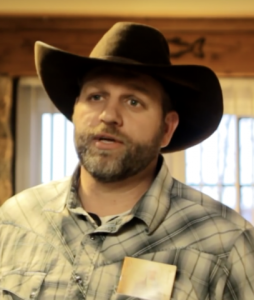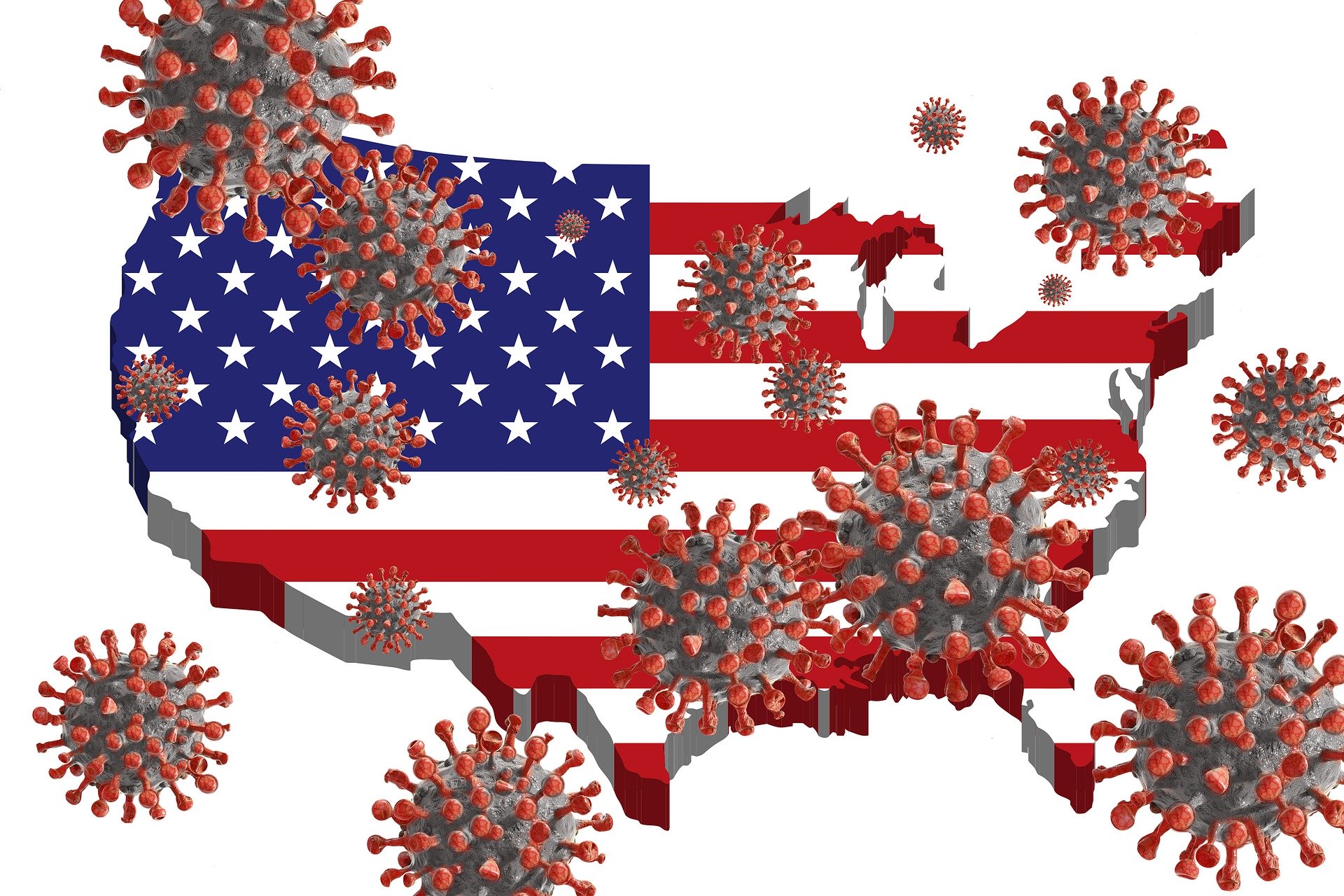What are our rights during coronavirus times? The novel situation is pushing the question in new and sometimes disturbing directions.
Interesting times we’re living in, eh? Everything’s so different, from not being able to travel on a whim to the danger of mass evictions. With conditions changing so fast in ways that would have seemed unimaginable only a few months ago, it seems as though even our most basic rights are on the table for debate. The question of rights during coronavirus is both crucial and troubling. The perilous situation forcing us to curb our behavior for the sake of the collective is exactly the sort of challenge that proves why we need rights in the first place.
Several state and local governments have now issued emergency orders for people to stay at home, unless they need to buy supplies or they’ve been declared essential workers in critical industries. The point is to slow or stop the spread of the virus so that the healthcare system isn’t overwhelmed. However, limiting our rights during coronavirus doesn’t sit well with Ammon Bundy, who you may remember from his occupation of Oregon’s Malheur Wildlife Refuge in 2016. He’s living in Idaho now, and aims to gather a posse to defend his neighbors who choose to defy the state’s “stay at home” order.

While Bundy admits that self-isolation is a good idea right now, he draws the line at making it a command with the force of government. “If it was a guideline, I would applaud it. It’s not, it’s an order,” he told the Idaho Press last week. “We discussed with each other whether our rights can be taken by an order from a governor or an agency, and if they can be, what good are our rights?”
What happens when Bundy’s beloved right to assemble freely causes the virus to spread and overwhelm facilities that care for the sick? That’s the problem hospitals around the country, such as Henry Ford and Beaumont in Michigan, are facing. While there’s a growing sentiment that health care is a human right, what happens when there’s not enough capacity to take care of everyone? Rationing occurs, either by cost, first-come first-served, by greatest need, with a lottery system, or as hospitals may decide, by those likeliest to survive. If a shortage of ventilators means deciding between saving an otherwise healthy 25-year-old mother or an elder suffering from severe dementia, do rights during coronavirus (such as those guaranteed by the Americans with Disabilities Act) exist after all?
Come April, furloughed and quarantined workers unable to earn an income may well have trouble paying rent. Do people have a right to shelter, or do landlords deserve a return on their investment regardless of market conditions? That’s a question being asked in cities from New York to Los Angeles. While some municipalities are considering a temporary moratorium on evictions, residents themselves are organizing rent strikes. Simply allowing renters a grace period but demanding increased rent in the coming months will be just as crushing for people living paycheck to paycheck, a circumstance many consider unacceptable. People organizing for shelter rights during coronavirus may be exactly what’s needed to spark another populist movement in the United States.
Whatever happens now, eventually the virus will recede and a new normal way of living will emerge. In many ways, it’ll be similar to the world we’re accustomed to: people will still gather, need health care and places to live, fall in love, and go to work. We will mourn our losses, have children, and grow old. There’s a chance, however, that the questions we ask about our rights during coronavirus will have long term effects even after the masks come off and we start holding hands again. Cracks have been revealed in the system. Now is the time to start planting wedges.
Related: A Better Kind of Community Spread


Join the conversation!